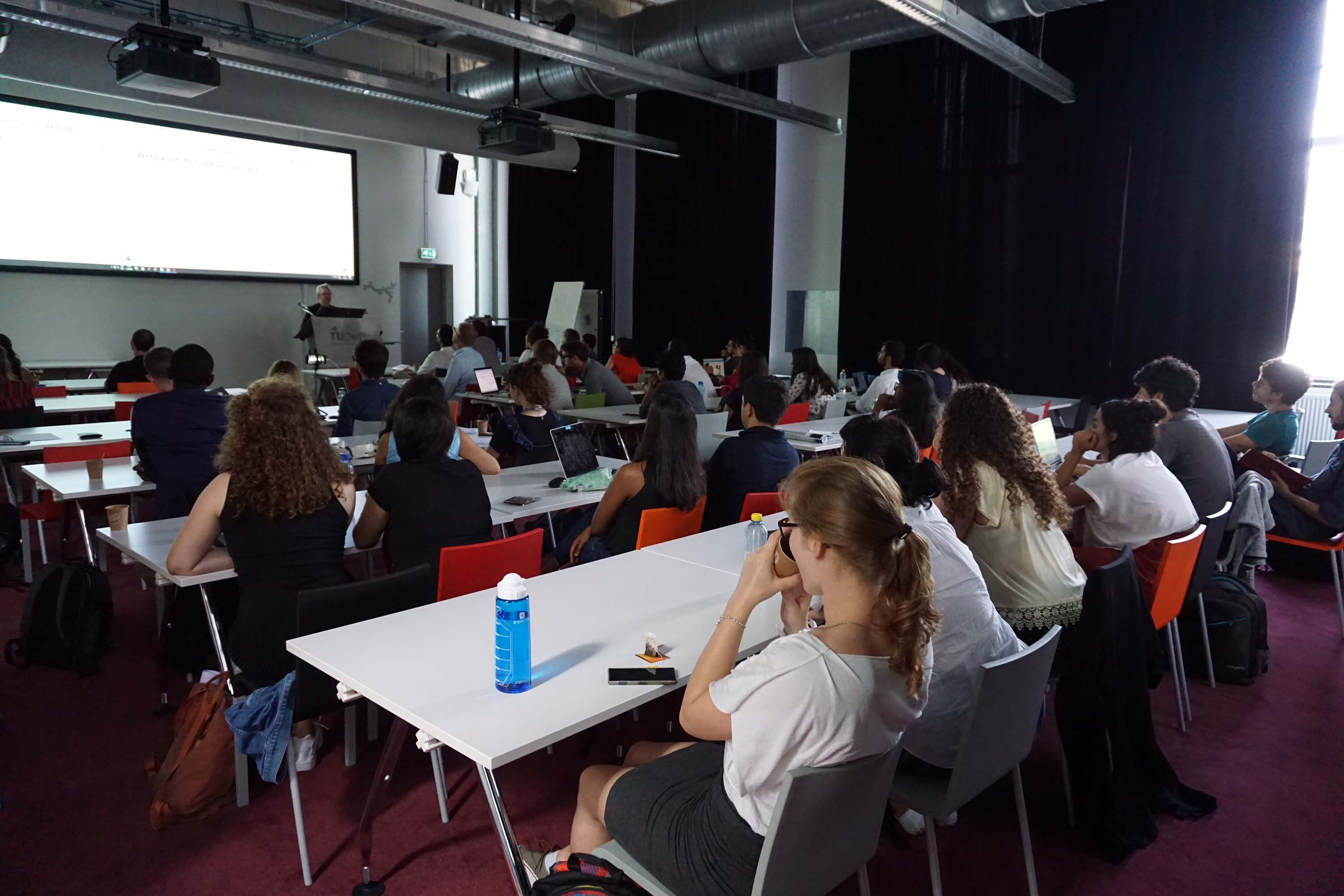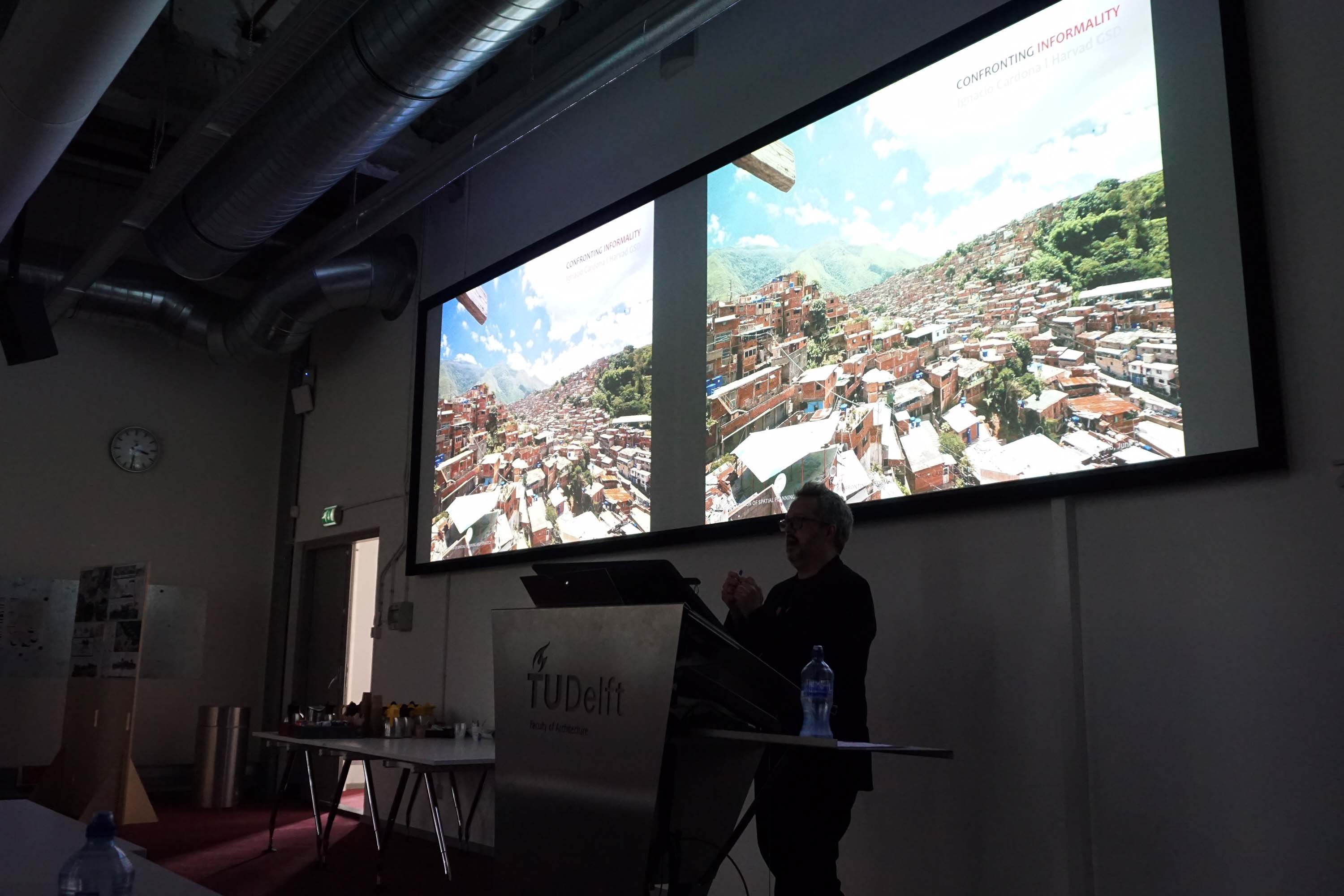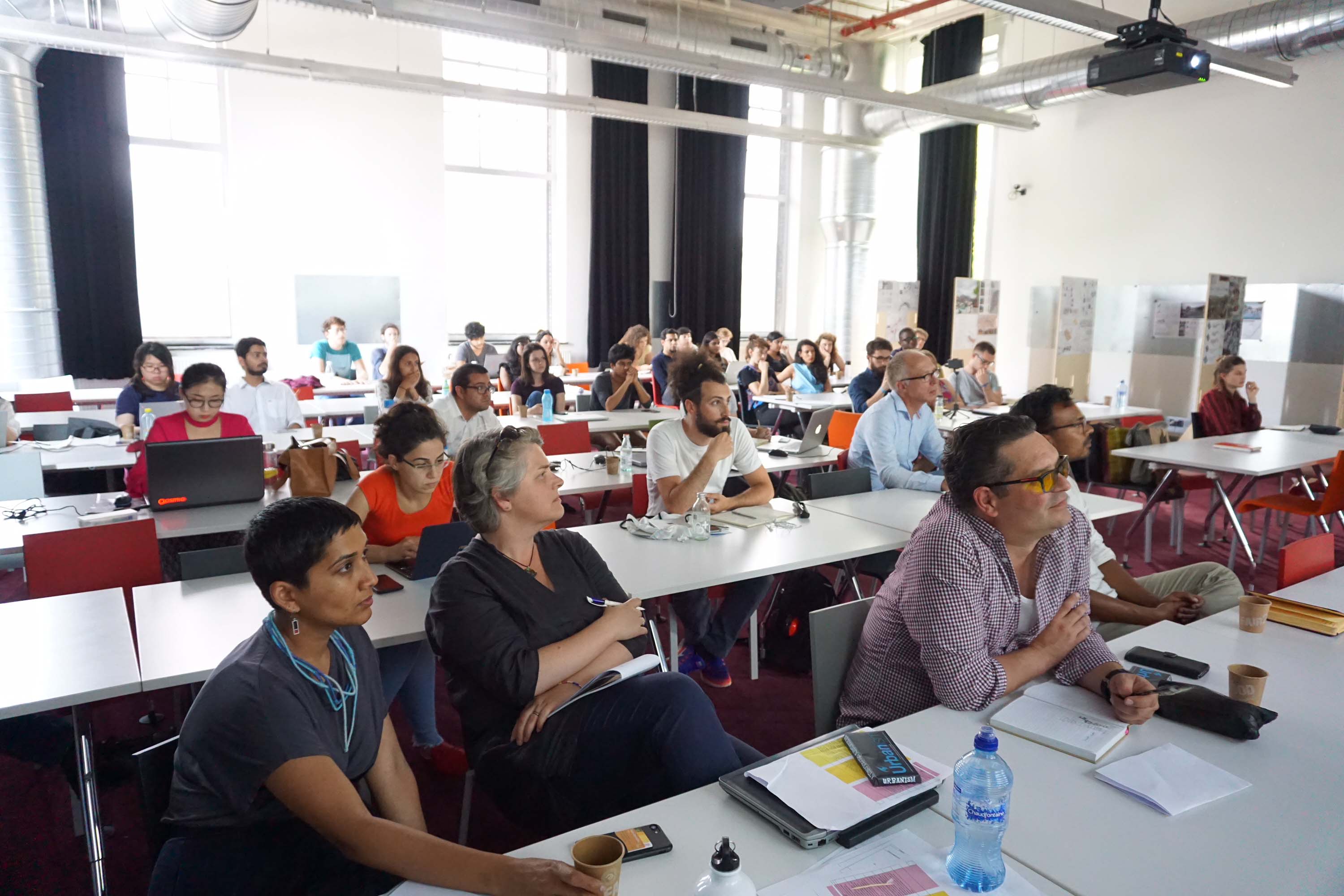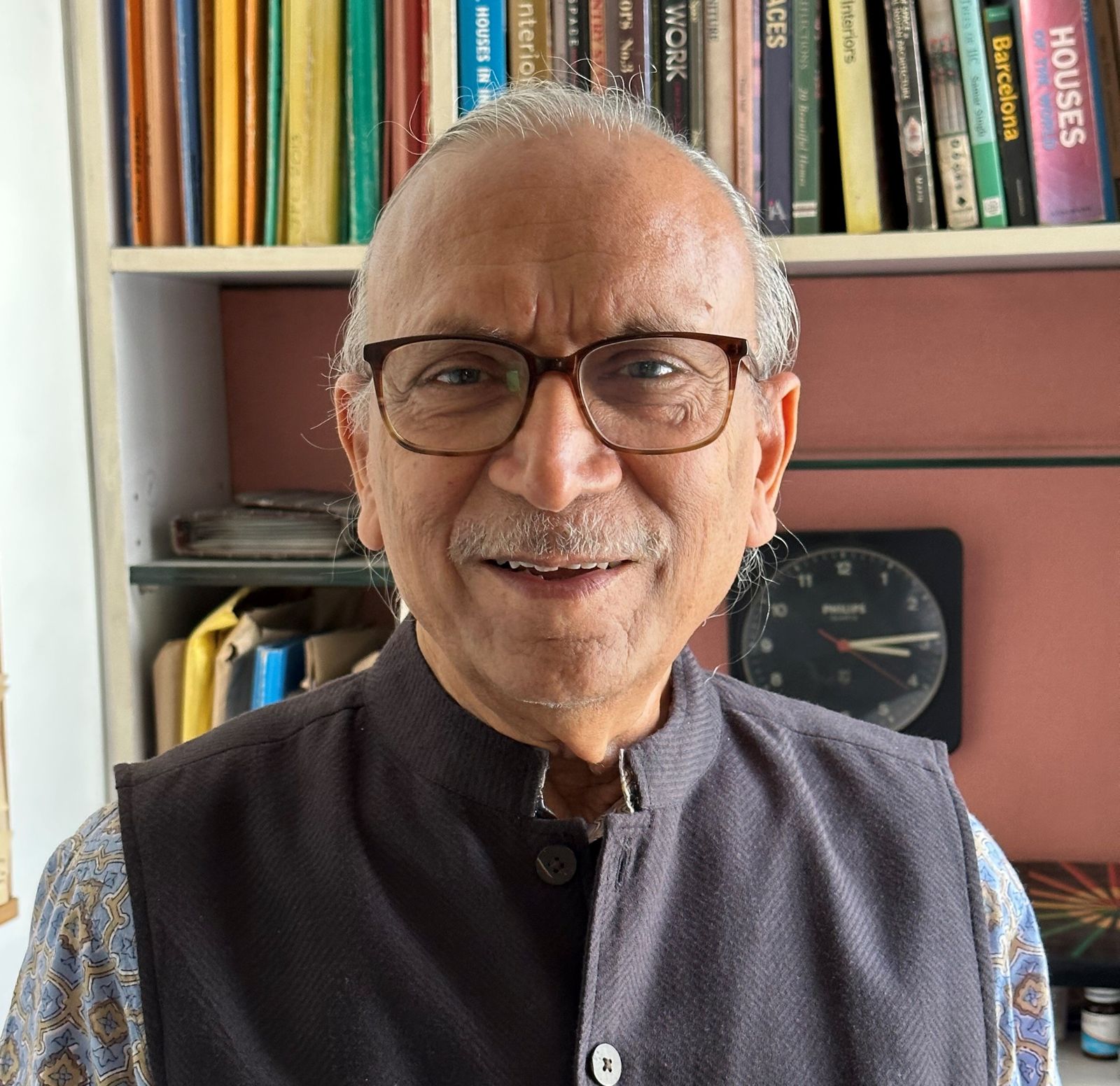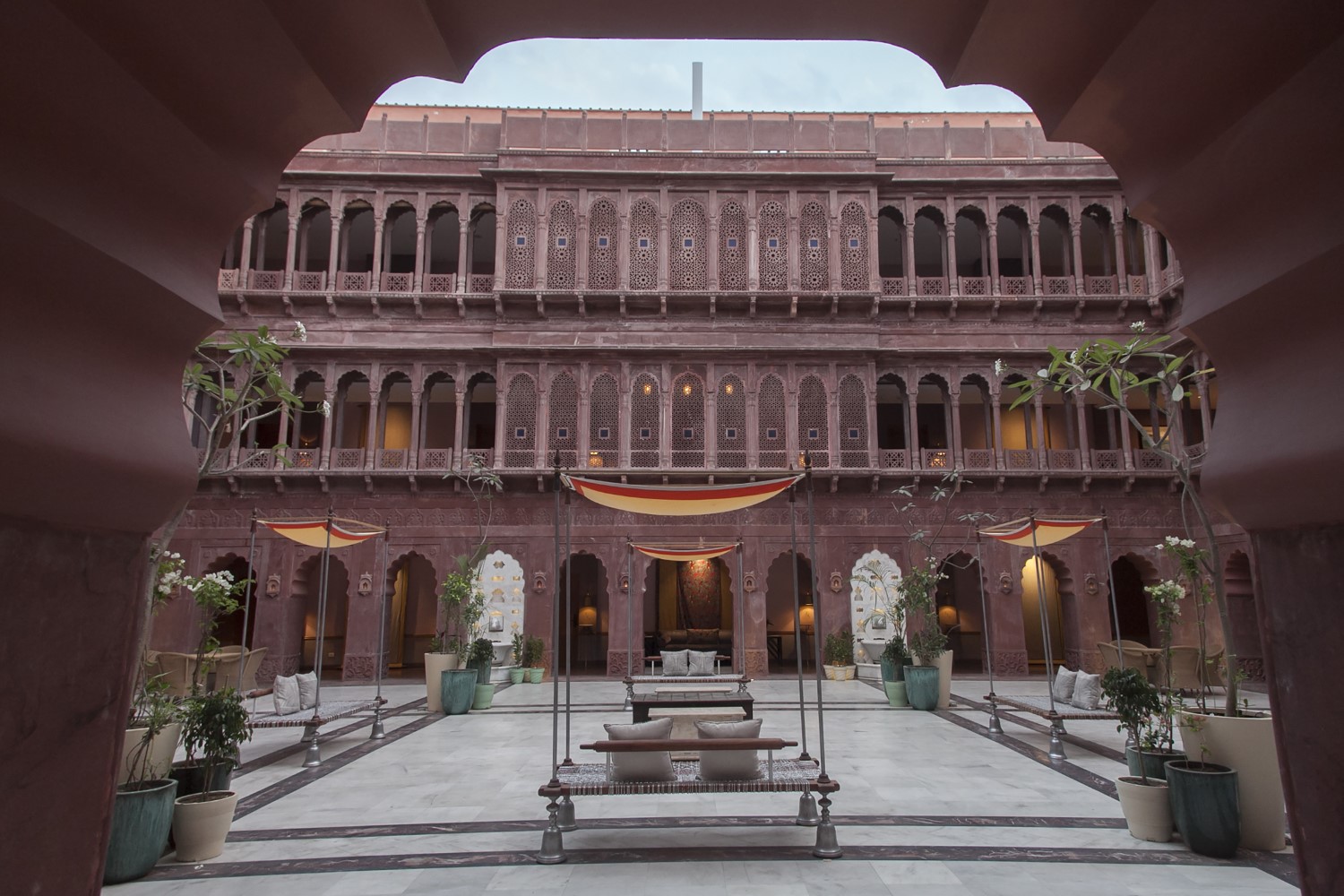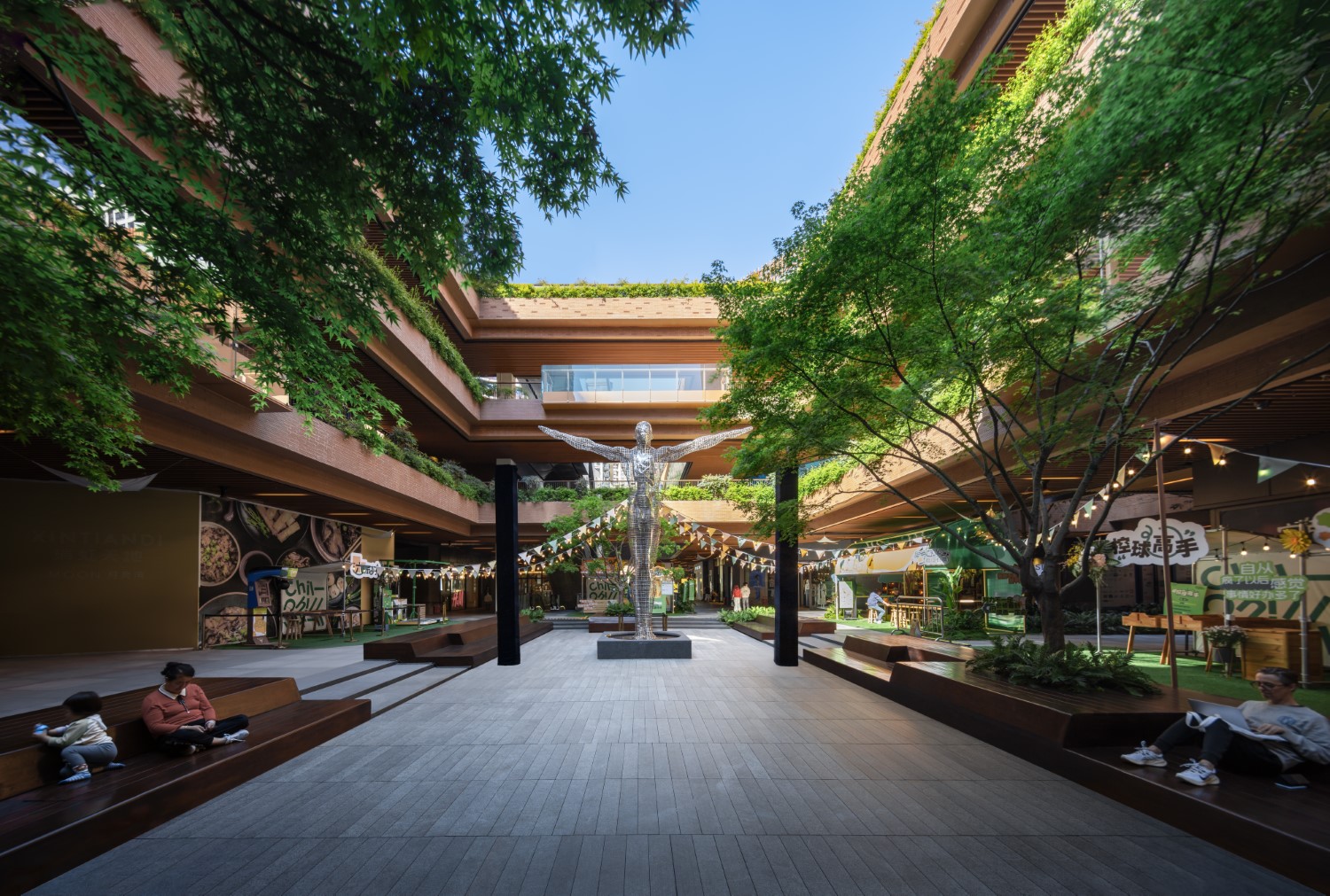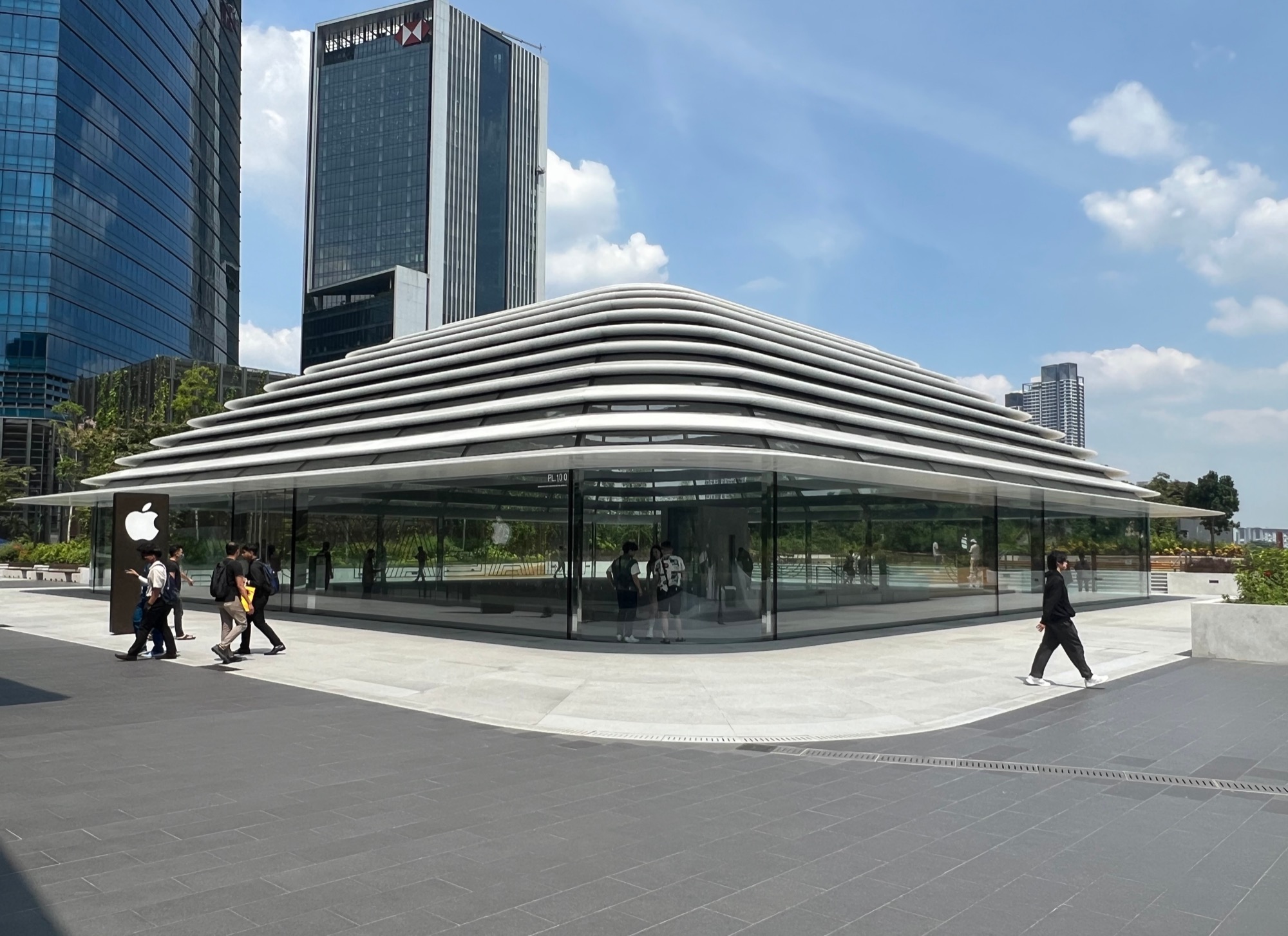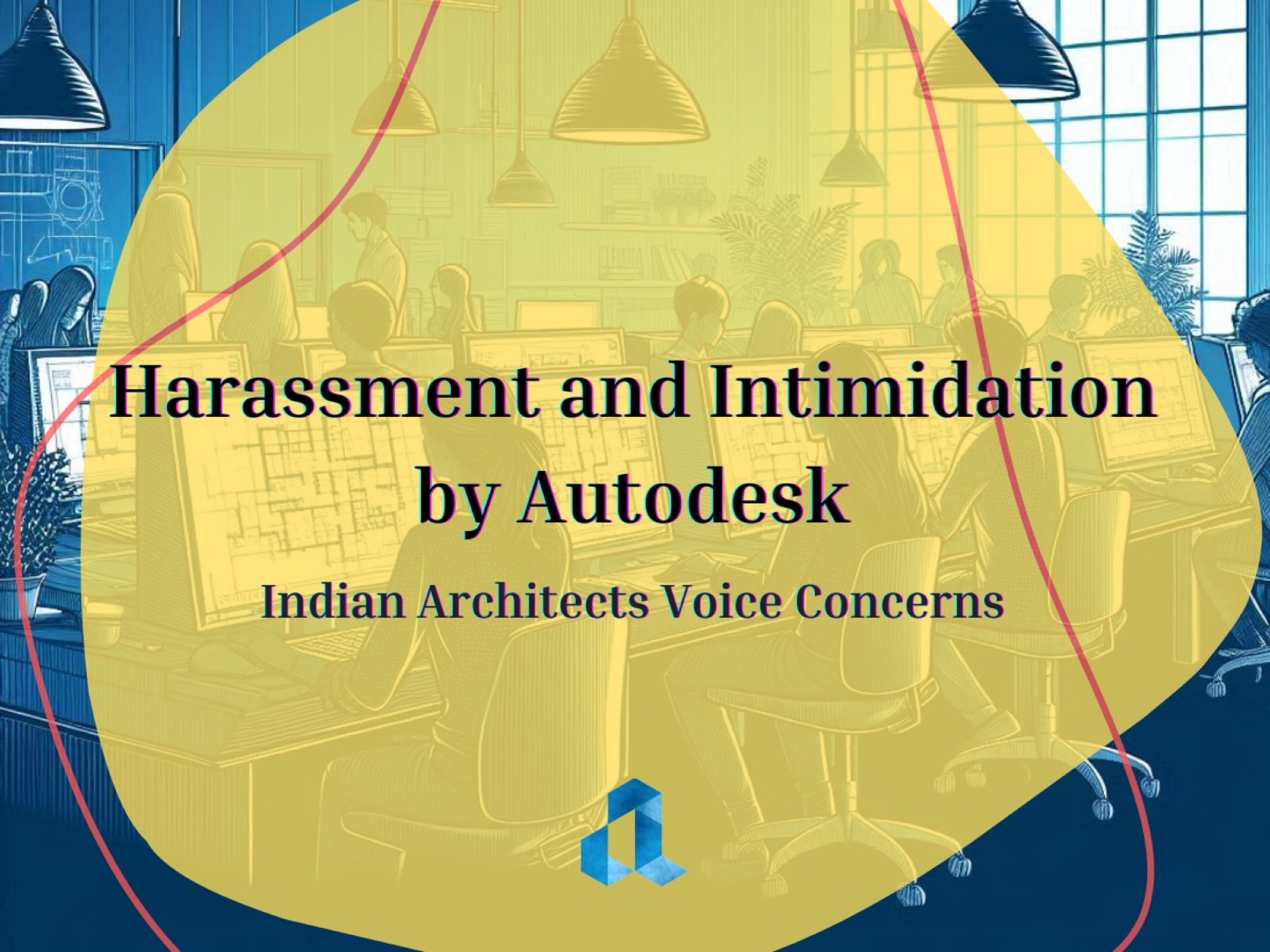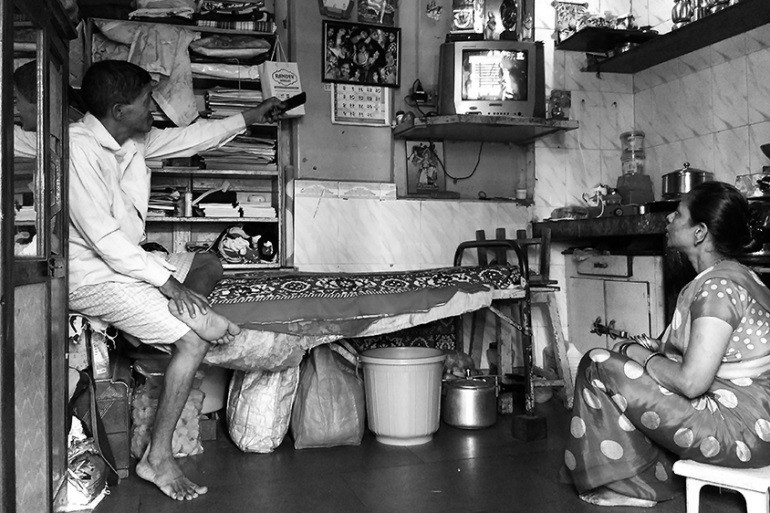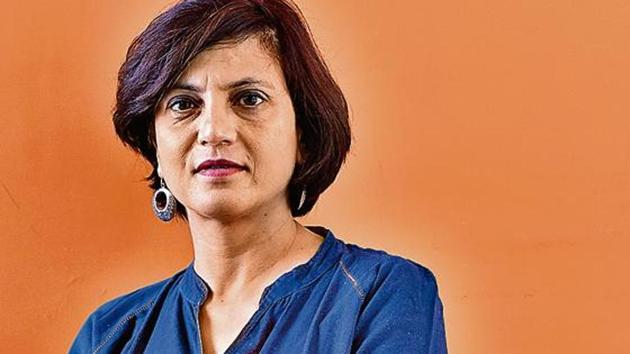Upon crossing the 50% threshold, the human population can now officially be called Urban. With United Nation’s predicted increase of about 1.1 billion new urbanites by 2030, most cities will face an unprecedented developmental pressure in addition to their current struggle to provide basic living and working standards to their citizens. “Informal urbanisation is a form of city construction defined as the production of urbanization independent from formal frameworks and assistance.” (UN Habitat, 2014) These forms of the cities are home to informal economies and settlements which have a collective population of about 1.5 billion people.
The fast-growing economies of the Global South are at the forefront for this challenge and are yet to include these settlements in their planning framework. This generates a debate in the field of planning and design about the future of these self-built settlements, presenting an immense opportunity for discussion and innovation in this area.
Located in one of the leading nations for planning and innovation, TU Delft acknowledges its duty to get involved in this debate. It advocates the importance of Spatial Justice and Rights under the larger umbrella of Environmental Justice. Confronting Informality is an annual student-led which aims to discuss tools to come up with sustainable, fair and innovative solutions that respect the livelihoods and wishes of the dwellers.
In its fourth year, to have this conversation on a global platform, the Department of Urbanism at the TU organised a student-led competition for students across the world. The competition asked participants from various disciplines to identify the public goods in an informal settlement of their choice and come up with strategies to retain those core values while upgrading the built environment and quality of life.
The competition was held over a period of two months and we successfully received 50 entries from 24 different countries. We were gladly surprised by the variety of ideas that we got from a wide range of disciplinary backgrounds. 20 finalists were selected, who were then judged by our experienced jury. Through the process we realised that, even if the conditions of informal settlements over the world could be seen similar, the context determines many of the solutions, depending on the culture, geographical location, lifestyle and political and economic framework. The introduction of stakeholders in the upgradation process made the projects tangible and highlighted the need to consider the socio-political, economic and environmental aspects of this issue.
The competition was followed up by a Symposium on the 7th of June where our jury members – Ignacio Cardona (Harvard GSD), Nipesh Narayanan (University of Lausanne), Alonso Ayala Aleman (IHS), Ellen Geurts (IHS), Abigail Friendly (Utrecht University) and Sukanya Krishnamurthy (Eindhoven University of Technology), presented their work and opinions which sparked a larger discussion about the increasing need for inclusive development and design education.
The winner of the competition was a team from BRAC University in Dhaka, Bangladesh. They took a multi-disciplinary approach to use Community Based Organisations as a media for development in Korail, one of Dhaka’s largest slums.
Th second place was split between AA20: Philipp Winter, Laura Ximena Vargas Pabon, Florangela Chahuayo Huillca, Ahmed Mamdouh Hussein, Cairo University in Egypt who did work in Rosetta (Egypt) and AA135: Ana Clara Oliveira de Araújo, Mariana Ribeiro Pardo, Camila Pinho de Mello, Federal University of BAHIA in Brazil, who did work in Salvador.
There were two honourable mentions: AA143 Ferya Ilyas. Shizhe Ma, Yilin LaiUn from the University of Stuttgart in Germany, who did work did work in Karachi (Pakistan) and AA11 Amina Chouari, Antonio Sposetti, Chiara Magli, Mariaelena Scaglia, from Politechnico di Milano in Italy, who did work in Kamez (Albania).
What did all these projects have in common? They addressed issues of social, economic and environmental sustainability, they addressed community building, governance and participation, many of them mentioned democracy and democracy building, they understood the role of stakeholders and they had a discussion on the role of governments, sometimes of business and civil society, and also questions about their own roles as designers, planners, architects and so on. They formulated integrated strategies that took space, society, economy, technology into account. Design is powerful, but it is not enough. Design must be informed by good questions emanating from society and from theory.
The works will be available online, and the 20 finalists will be part of the report that would be sent to the Municipality of the Hague, UN-Habitat and the World Urban Campaign, where they will continue to integrate this debate about how to Confront Informality.
– An Ideas Competition For Students By TU Delft

